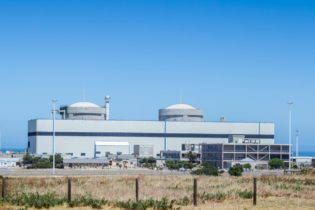The Renewable Energy Independent Power Producer Procurement Programme (REIPPP) has attracted R209.4 billion in committed private sector investment, to the country.
Speaking at a media briefing recently Energy minister Jeff Radebe outlined some of the significant impact the REIPPP has had on the economy, job creation, community upliftment, economic transformation and climate change. Looking at community upliftment the minister highlighted that renewable IPPs have created 38 701 jobs years for youth and women from the surrounding communities “Local communities have benefited from over R1 billion spent by IPPs on education by upskilling teachers, providing extra teachers and classrooms, as well as awarding over 600 bursaries to students from disadvantaged communities.”Black South African equity shareholding
With regards to the Black South African equity shareholding in the REIPP programme, it has progressively increased with each bidding round. Radebe said the South African equity shareholding across Bid Window 1 to Bid Window 4 and Smalls Bid Windows 1 and 2 equates to 52% – R31.4 billion- of the total equity of R60.9 billion. This is substantially more than the 40% requirement. Broad-based black participation is also secured across the value chain through community participation, including in engineering, procurement, construction, operations and maintenance contractors where black ownership amounts to 21%.







